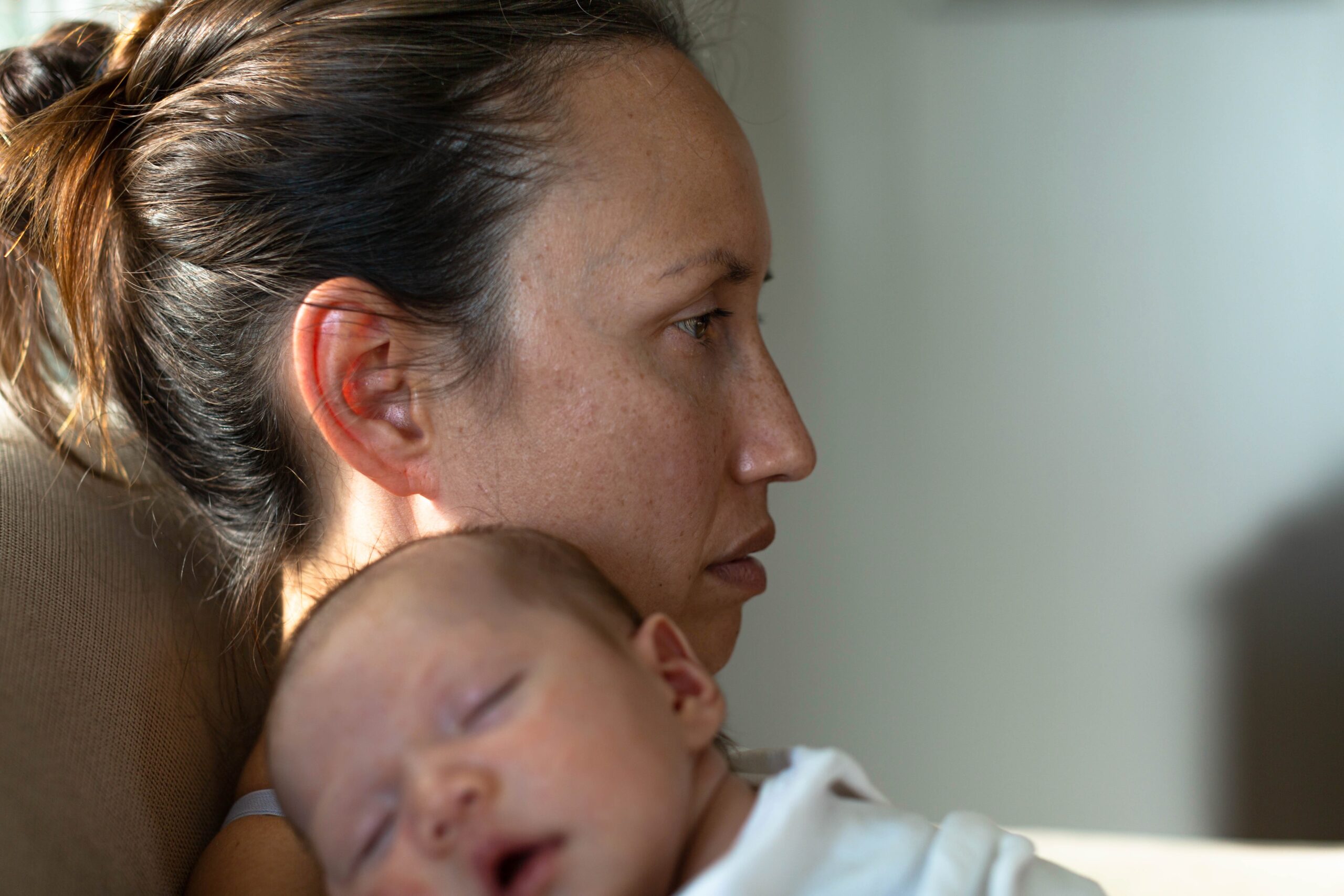latest
Community perinatal mental health teams reduce risk of relapse
The introduction of community perinatal mental health teams in England appears to have been successful in reducing rates of mental health relapse amongst new mothers
“Pregnant and postnatal women can face many barriers to mental health care. The government’s investment in CPMHTs has made a real difference in their ability to access needed treatment.” Heather O’Mahen, professor in perinatal clinical psychology, University of Exeter
Women with a history of severe mental illness face a lower risk of relapse after giving birth in regions where they have access to a community perinatal mental health team (CPMHT), a study has found.
The research, carried out by King’s College London, the University of Exeter and the London School of Hygiene and Tropical Medicine, is the first of its kind to evaluate the effectiveness of CPMHTs. It suggests that women with access to specialist support have a reduced risk of acute relapse after birth, but it also highlights the importance of the need for mental health services to work more closely with maternity services.
CPMHTs have been rolled out in England since 2016, and all should be in place by April this year. They represent a unique national initiative to improve the access to specialists for women with perinatal mental health problems such as post-traumatic stress disorder or postnatal depression. They also improve access to preventative care in pregnancy for women with a history of severe mental illness such as bipolar disorder.
More women accessed care
This study, published in Lancet Psychiatry, identified 70,323 women who had given birth to a single baby, and who had contact with a secondary mental healthcare service in the 10 years immediately before their pregnancy. Researchers followed this group to establish how many experienced acute relapses in their mental health after birth – defined as either being admitted to a psychiatric hospital, or being cared for by a crisis resolution team.
Researchers found that access to care was significantly improved. Nearly a quarter (24.2%) of women accessed care during pregnancy in areas where a CPMHT was available compared to 17.9% in areas where no CPMHT was available. In addition, an acute relapse after birth was found in 1117 (3.6%) of 31,276 women where a CPMHT was available and in 1,745 (4.5%) of 39, 047 women where one was unavailable.
Researchers say CPMHT provision should be prioritised
Lead author Ipek Gurol-Urganci, associate professor of health services research at the London School of Hygiene and Tropical Medicine, said that the research highlighted the value of the data routinely collected by the NHS on care: “Without these national data, it would not have been possible to evaluate the role of CPMHTs, a unique approach to provide support to women with severe mental illness during pregnancy and after birth.”
Other researchers on the study welcomed the findings. Heather O’Mahen, professor in perinatal clinical psychology at the University of Exeter, and one of the study’s senior co-authors said: “Pregnant and postnatal women can face many barriers to mental health care. The government’s investment in CPMHTs has made a real difference in their ability to access needed treatment.”
Helen Sharp, professor of perinatal and child and adolescent clinical psychology at the University of Liverpool and another co-author, said: “The findings of this study support the argument for continued CPMHT provision in all areas nationally, which of course includes all areas of the Liverpool city region, ensuring women have access to specialist perinatal mental health care and support. The need for close working relationships between mental and physical health care providers during pregnancy is also highlighted. Our findings suggest CPMHT service provision should be prioritised at a policy and practice level going forward.”
Conversely, the researchers found that women in regions with CPMHTs were at an increased risk of undergoing stillbirth, neonatal death, and giving birth to babies small for their gestational age.
Professor Dharmintra Pasupathy, co-author and professor of maternal and fetal medicine, University of Sydney, said there was no simple explanation for these findings, adding: “It may be that more intensive psychiatric support available in a region may negatively affect the midwifery and obstetric support that women with severe mental disorders receive during pregnancy and childbirth. This is something that we urgently need to study in greater depth as the full facts are not clear.”
This study received funding from the National Institute for Health and Care Research.
FCC Insight
Since 2016, NHS England has been rolling out community perinatal mental health teams across the country to support women with serious mental health disorders – both existing conditions and conditions relating to pregnancy and birth. This pioneering initiative appears to have been successful in reducing the rate at which women relapse after birth. It’s immensely encouraging to see that community mental health teams focused on mothers’ needs can have such a positive effect. It is concerning, however, to see that in these areas, women are now at an increased risk of stillbirth and neonatal death, along with other obstetric problems. There is no obvious explanation for this, and more research is clearly needed.
